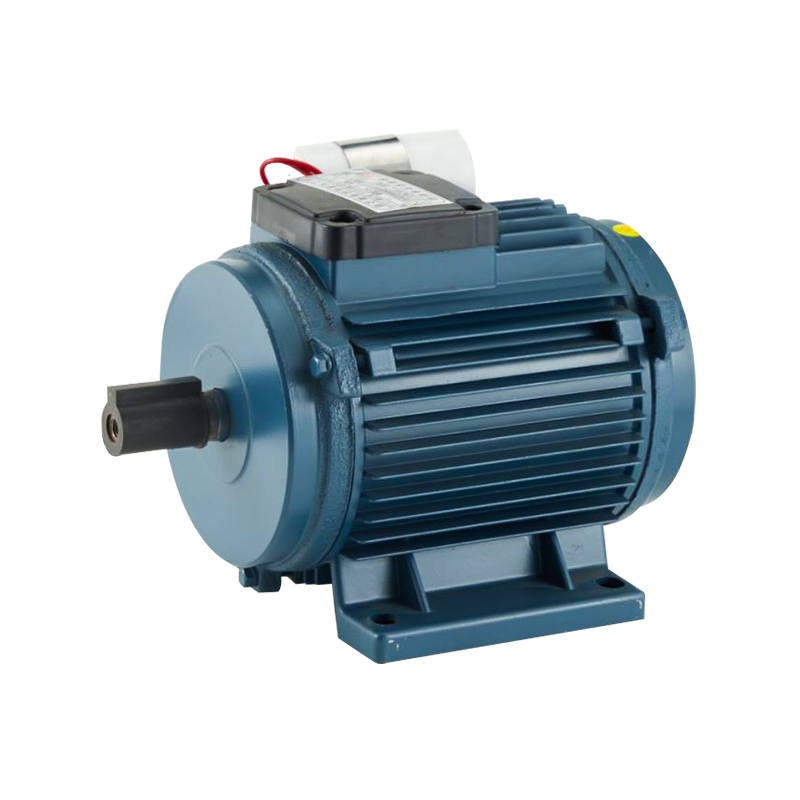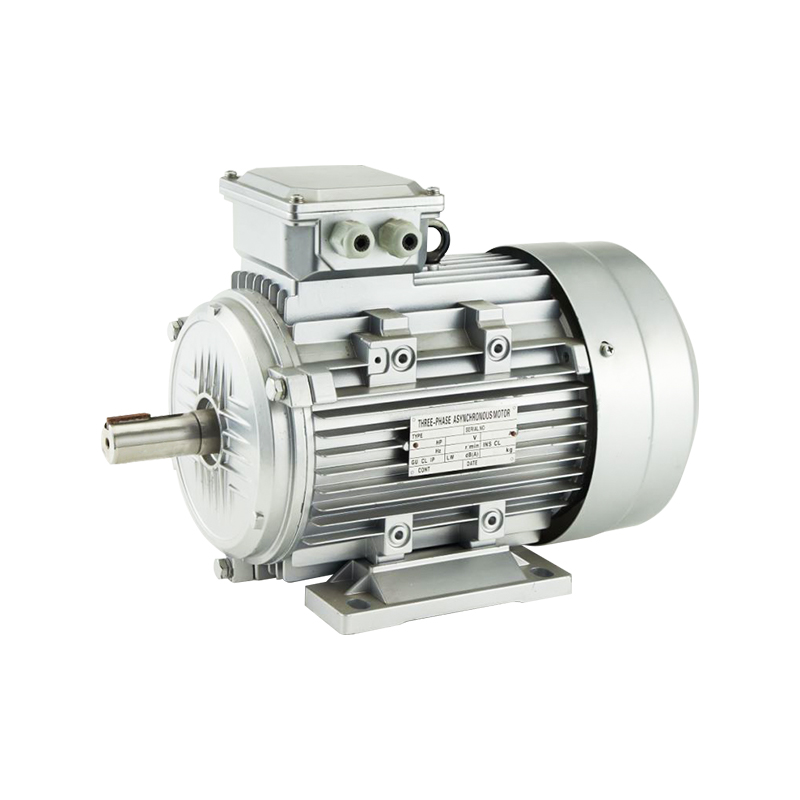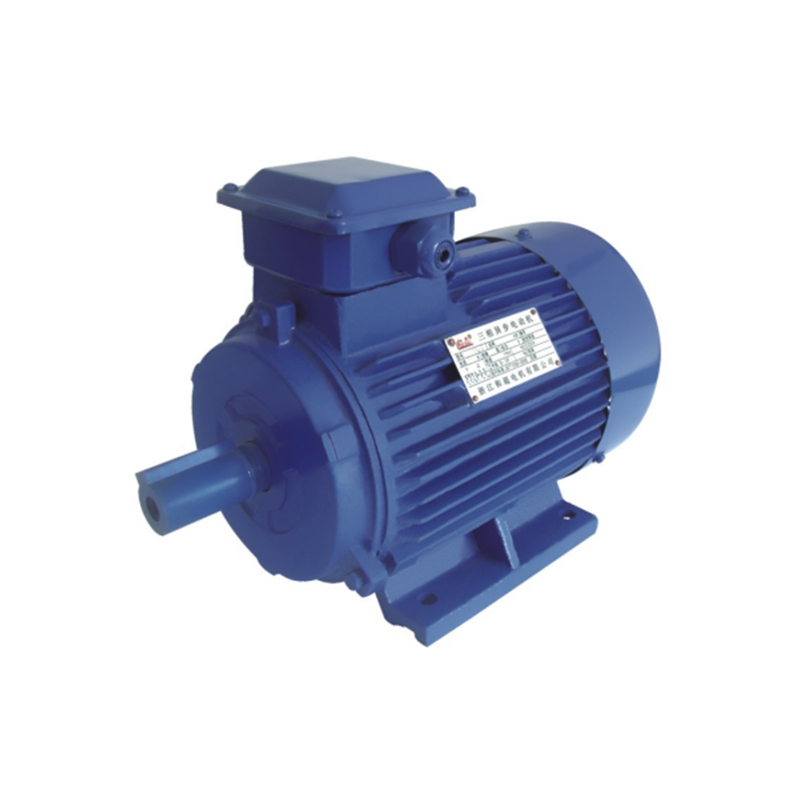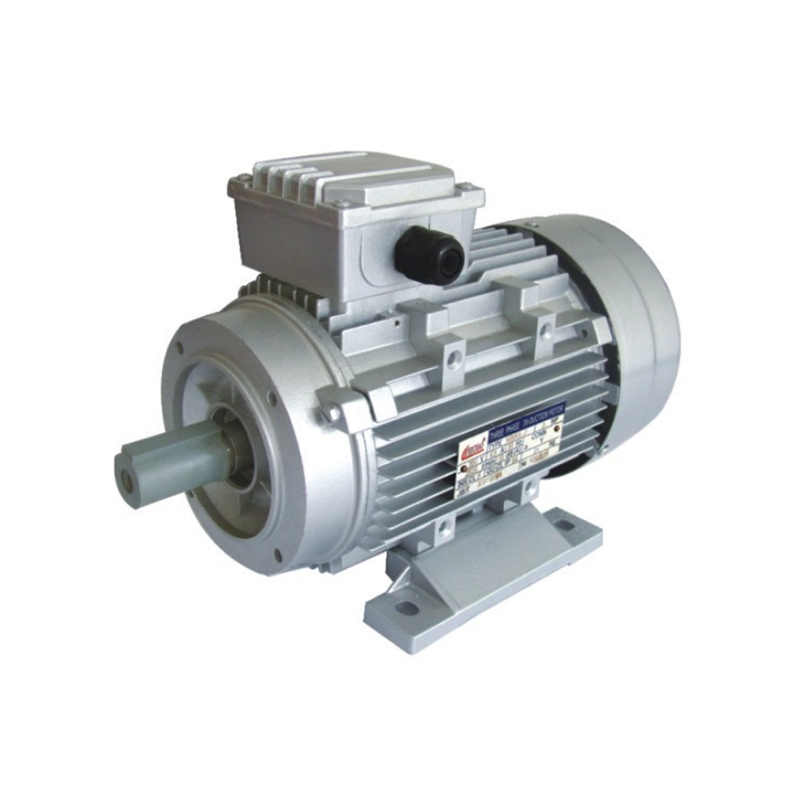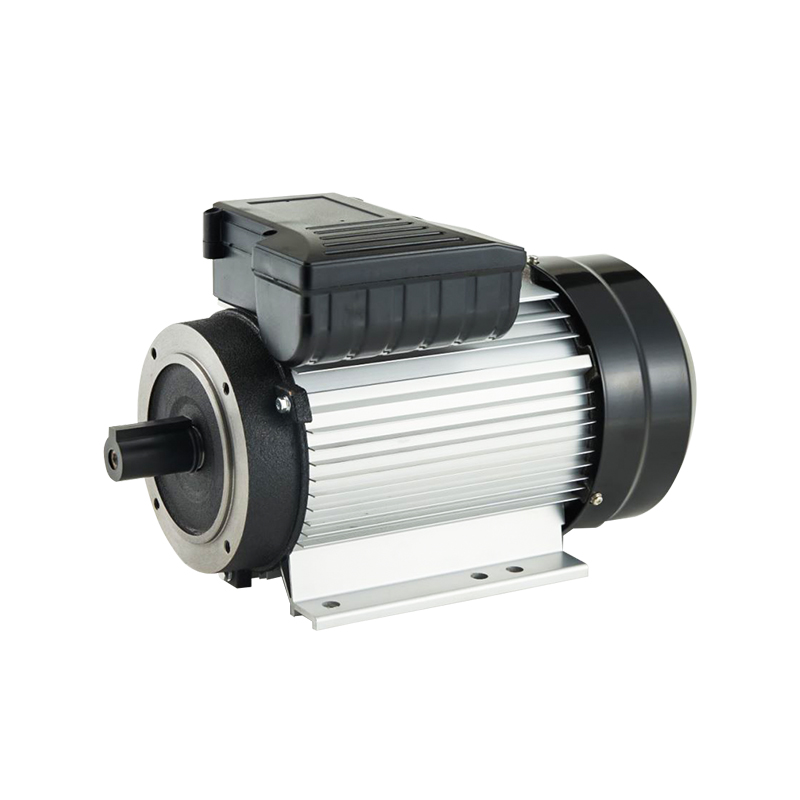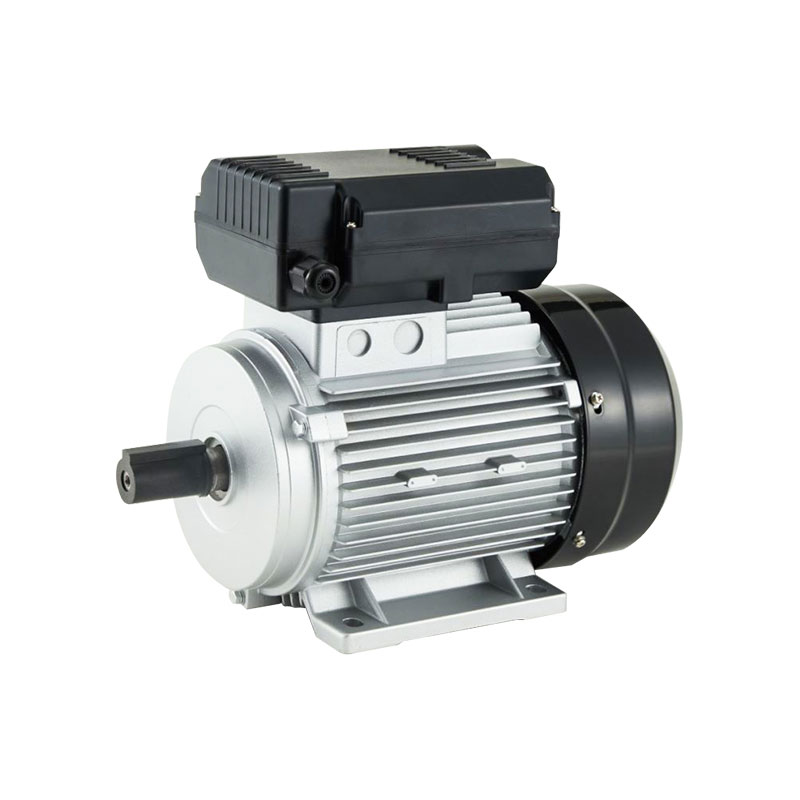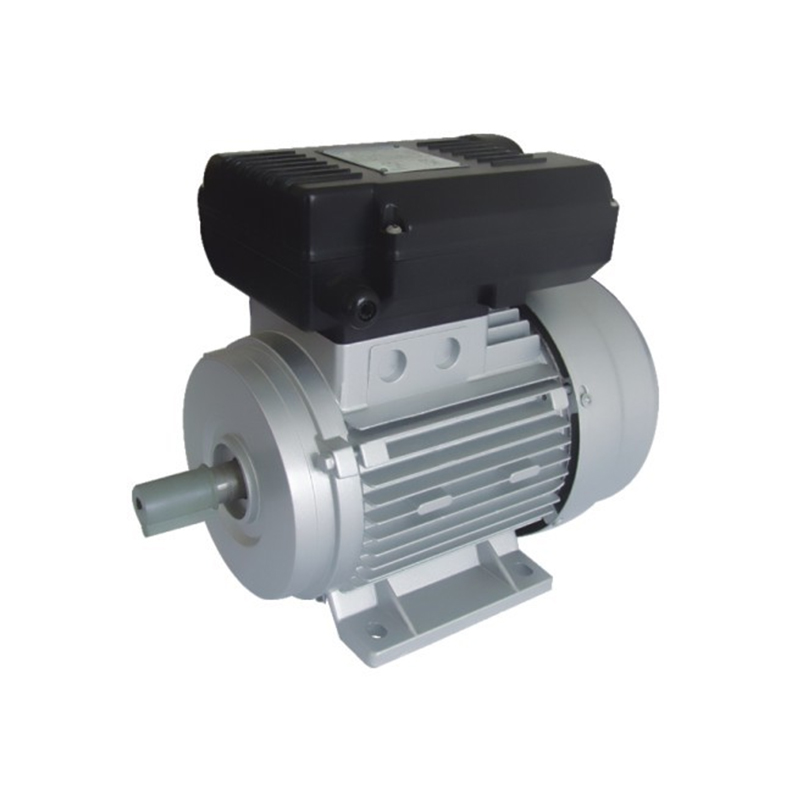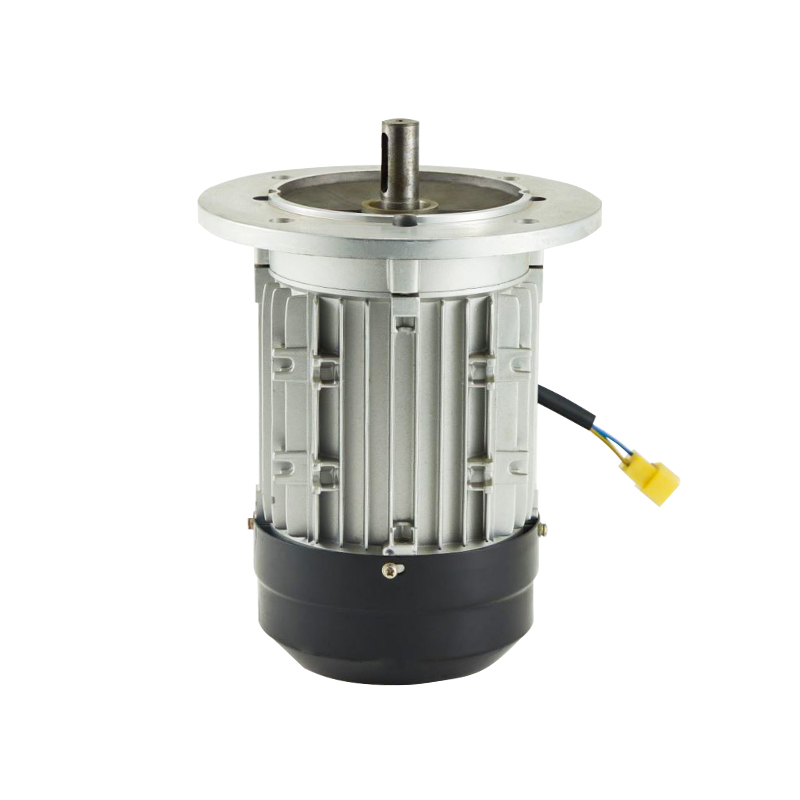1. Exposure to bad Weather Conditions
Outdoor condenser fan motors are often exposed to bad weather conditions. Whether it is intense heat, heavy rain, or snow, these elements can significantly affect the performance of the motors. High temperatures can advance to overheating, causing thermal stress and potentially damaging internal components. Conversely, cold weather can result in lubrication issues, affecting the motor's efficiency and longevity.
To mitigate these effects, it is crucial to choose motors designed with weather-resistant features. For instance, outdoor condenser fan motors should be equipped with proper enclosures and coatings that protect them from moisture and corrosion. Regular maintenance and inspections are also necessary to ensure that the motor remains in good working condition despite the harsh weather conditions.
2. Corrosion and Rust
In agricultural settings, motor sprayer agriculture is exposed to chemicals, fertilizers, and other corrosive substances. This exposure can advance to corrosion and rust, which deteriorates the motor's components and affects its functionality. Corrosion can cause electrical failures, reduced efficiency, and ultimately, motor breakdown.
To address this issue, selecting motors with corrosion-resistant materials and coatings is essential. Additionally, regular cleaning and maintenance can help prevent the buildup of corrosive substances on the motor. Implementing these preventive measures will extend the motor's operational life and ensure reliable performance in agricultural applications.
3. Dust and Debris Accumulation
Both outdoor condenser fan motors and motor sprayer agriculture are susceptible to dust and debris accumulation. In outdoor environments, dust can clog ventilation openings and affect the motor's cooling efficiency. In agricultural settings, debris from crops and soil can interfere with the motor's operation, pilot to reduced performance and potential damage.
To combat this challenge, it is important to use motors with effective filtration systems and design features that lessen the ingress of dust and debris. Regular cleaning and maintenance routines should be established to keep the motors free from accumulated particles. Ensuring that motors are installed in locations where they are less likely to be exposed to excessive dust and debris can also help maintain their performance.
4. Vibration and Mechanical Stress
In both outdoor and agricultural environments, motors often encounter vibrations and mechanical stress due to their operational conditions. For outdoor condenser fan motors, vibrations can result from the fan blades and the motor's mounting. Similarly, motor sprayer agriculture in agriculture may experience mechanical stress from the forces exerted during spraying operations.
To address these issues, it is crucial to ensure proper motor mounting and alignment. Using vibration-dampening mounts and supports can help reduce the impact of vibrations on the motor. Additionally, selecting motors with robust mechanical designs and components that can withstand mechanical stress will contribute to their reliability and longevity.
5. Power Fluctuations and Electrical Issues
Power fluctuations and electrical issues can pose significant challenges for motors operating in harsh environments. Outdoor condenser fan motors and motor sprayer agriculture may experience voltage drops or surges that affect their performance. These electrical issues can advance to motor failures, reduced efficiency, and increased maintenance costs.
Implementing voltage regulation devices and surge protectors can help mitigate the impact of power fluctuations on motor performance. Regular electrical inspections and maintenance are also important to identify and address potential issues before they advance to motor failures. Ensuring that the electrical supply meets the motor's specifications will contribute to its reliable operation.
Operating outdoor condenser fan motors and motor sprayer agriculture in harsh environments presents a range of challenges, including exposure to bad weather conditions, corrosion, dust accumulation, vibration, and power fluctuations. By selecting motors designed for these conditions, implementing preventive measures, and conducting regular maintenance, it is possible to overcome these challenges and ensure reliable performance.
Understanding the specific needs and requirements of motors in different environments will enable users to make informed decisions and take appropriate actions to maintain motor efficiency and longevity. Through careful consideration and proactive management, the challenges associated with using motors in harsh environments can be effectively addressed.

